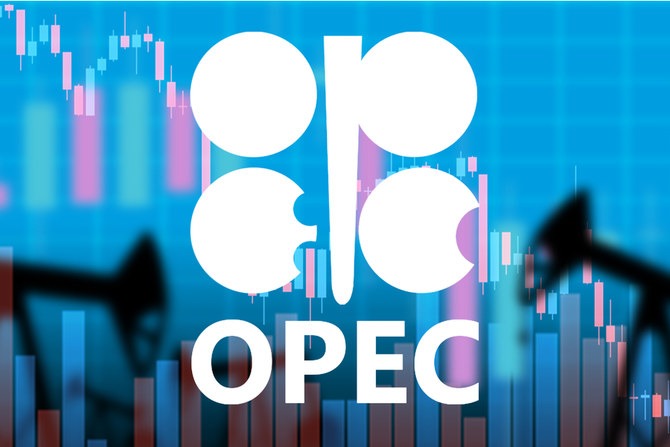Brazil has officially announced its accession to the group of major oil-exporting countries (OPEC+), following a two-year invitation. However, the Brazilian Minister of Energy affirmed that this membership will not be binding on Brazil regarding oil production cuts.
Brazil, already one of the largest oil producers in the world, aims to significantly increase its oil production. It seeks to rise from seventh to fourth place among global producers, with a production target of 5.4 million barrels per day by 2030.
This decision comes at a sensitive time, as Brazil prepares to host the annual United Nations climate summit (COP30) in just nine months. This direction raises questions about Brazil's ability to balance its oil ambitions with its environmental commitments.
Brazil is the seventh-largest oil producer in the world, pumping about 4.3 million barrels per day, or 4% of global production. In 2024, crude oil became Brazil's largest export commodity, surpassing soybeans and accounting for 13.3% of its foreign sales.
Luis Eduardo Duck Dura sees Brazil's step as "comprehensive and coherent," noting that it is also joining the International Energy Agency and the International Renewable Energy Agency. He believes this helps Brazil to "monitor the global situation" and benefit from relationships with other countries.
President Lula's pursuit of increasing oil production has drawn criticism, especially in light of Brazil's hosting of the COP30 conference. Some believe this contradicts global efforts to reduce fossil fuel usage.











